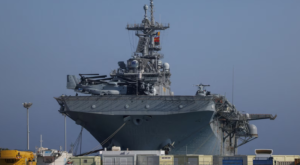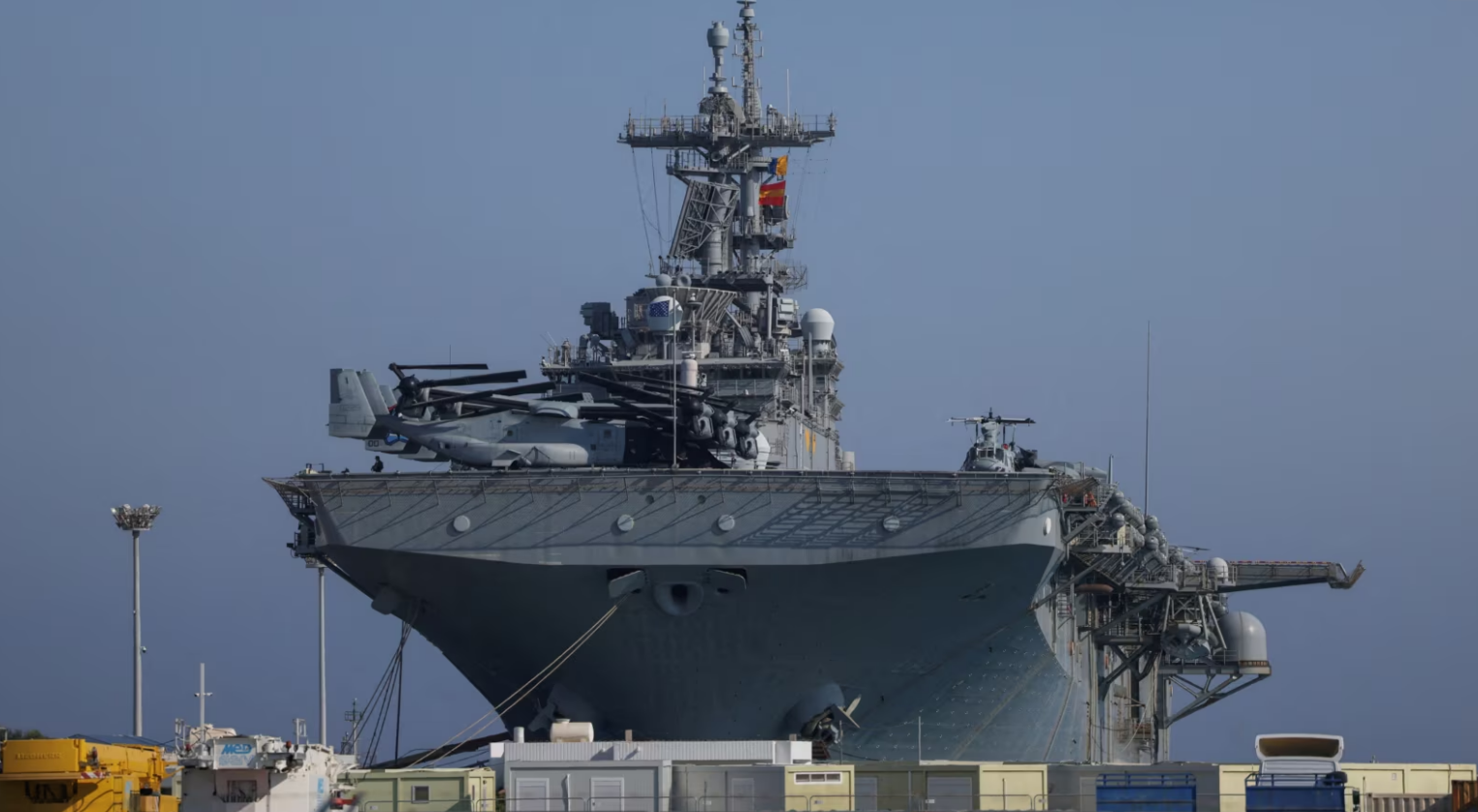Turkey, a nation strategically positioned between Europe and Asia, has long played a pivotal role in global geopolitics. The recent incident involving the assault on two U.S. Marines in Izmir has once again thrust Turkey into the international spotlight, raising concerns about its diplomatic relations, especially with its NATO ally, the United States.

On a recent Monday, two U.S. Marines, part of the amphibious assault ship USS Wasp, were attacked by members of the Turkish nationalist group, Turkey Youth Union (TGB). This occurred while the USS Wasp was docked in Izmir, as part of a routine port visit. The incident, which involved placing a sack over a Marine’s head, harkens back to a notorious event in 2003 where U.S. troops did the same to Turkish soldiers in Iraq. This act has since been a symbol of anti-American sentiment among certain nationalist factions in Turkey.
Turkey’s swift response to the assault demonstrates its commitment to maintaining its international relationships, despite the internal tensions. Local authorities quickly arrested 15 individuals connected to the attack, with 10 of them placed in pretrial detention. This move reflects Turkey’s attempt to balance its nationalist sentiments with its obligations as a NATO member.
The U.S. Pentagon confirmed that the Marines were unharmed and praised the Turkish authorities for their prompt action. However, the incident underscores the fragility of Turkey-U.S. relations, particularly in light of recent geopolitical developments. The presence of the USS Wasp in the eastern Mediterranean is part of a broader U.S. strategy to deter potential threats in the region, particularly amid escalating tensions involving Hezbollah and Israel.
Read More :- Pro-Palestinian Protesters Confront Police at US Air Base in Turkey
Turkey’s response to the U.S. military presence in the region has been mixed. While the two nations have conducted joint military exercises, there is growing discomfort within Turkey regarding the increased U.S. presence. This tension is further complicated by Turkey’s recent diplomatic actions, including its criticism of Israel’s actions in Gaza and its initial reluctance to approve Sweden’s NATO membership, a decision that was only reversed after the U.S. agreed to modernize Turkey’s fighter jet fleet.
This incident in Izmir is not an isolated case. The TGB has a history of targeting U.S. service members as a form of protest against American foreign policy in the Middle East. These actions reflect a broader sentiment within certain segments of Turkish society that view the U.S. with suspicion and resentment, often fueled by historical grievances and current geopolitical conflicts.
Turkey finds itself at a crossroads, navigating the delicate balance between nationalist fervor and its role as a key player on the global stage. The Izmir incident serves as a reminder of the challenges Turkey faces in managing its internal dynamics while maintaining its international alliances. As tensions in the Middle East continue to simmer, Turkey’s actions in the coming months will be closely watched by both its allies and adversaries.

